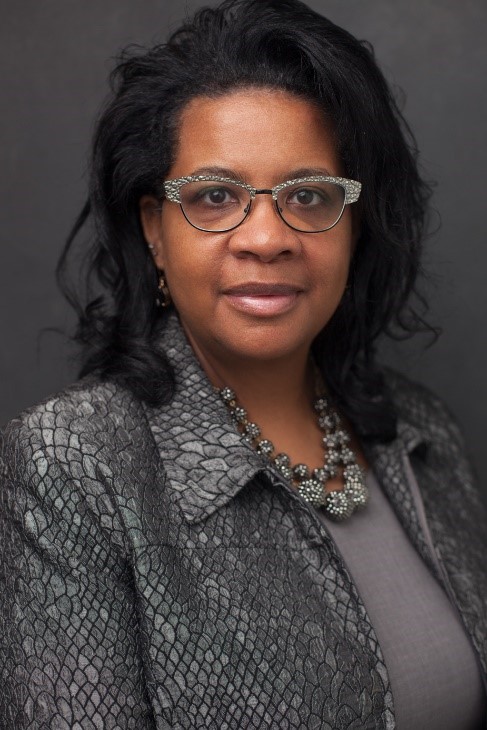Angela Allen-Bell

Angela A. Allen-Bell is a graduate of the Southern University Law Center in Baton Rouge, Louisiana. After law school, she worked at an appellate court and gained an expertise in appellate law. In 2008, she left the judiciary and began her career in academia as a law professor. She holds the B. K. Agnihotri Endowed Professorship and is currently a full professor. Professor Bell is a respected local, national and international legal scholar and expert on the interplay between race and justice. It was her research that catapulted the movement that successfully ended the use of non-unanimous juries in Louisiana in 2018. And she is one of the founding members of the advocacy team that led this effort to reform Louisiana’s jury system through the adoption of legislation requiring unanimous juries in criminal trials in Louisiana state courts. She has the distinction of having worked on several other historic advocacy campaigns, such as the 50th Commemoration of Students United and the 1972 Southern University student movement, the Angola 3 case, Soledad Brother John Clutchette’s case, Vincent Simmons’ case and the case of Robert Holbrook. When, in January 2022, Louisiana Governor John Bel Edwards issued a posthumous pardon to Homer Plessy, Professor Bell was selected to speak as the historian for the occasion. The House of Representatives of the Legislature of Louisiana has commended her “for her achievements as a legal scholar” and has recognized and recorded “the tremendous pride and honor that she brings” to the state of Louisiana. Professor Bell is an activist scholar who has made many media appearances and participated in many local, national and international collaborations to discuss her scholarship and advocacy work, including La Presse (France), Le Nouvel Observateur (France), MSNBC (News Nation with Tamron Hall), CBS News, NBC Nightly News and National Public Radio (All Things Considered). She has twice submitted written testimony to the United States Senate’s Judiciary Committee on the Constitution and she has been published in or quoted in a range of print media sources, such as the Washington Post, Capital B News, Law 360, Russia Today TV, the New Yorker, the Huffington Post and the Advocate. She is a member of the National Black Lawyers-Top 100, an invitation-only society, and the Fellows of the American Bar Foundation, an invitation-only society whose membership is limited to one percent of lawyers licensed to practice in each jurisdiction. In 2024, CIO Views Magazine recognized her as one of the “Top 10 Most Influential Leaders Making an Impact in Legal Industry.” Prior to this, the Girl Scouts Louisiana East named her a Woman of Distinction, the Drum Newspaper selected her as one of its “People for 2021,” she was named a Louisiana Leading Lady (2022), she received the National Civil Rights Conference Civil Rights and Social Justice Award and, following a national search, she was selected as a member of the first cohort of the Culture of Health Leadership Institute for Racial Healing (2022). Jeremiah 5:1, says “give me one who seeks justice.” Professor Bell has adopted this call as her personal edict. Her signature traits are her never-ceasing desire to fight injustice and her tireless commitment to dismantling racial hierarchies and systems that harm.